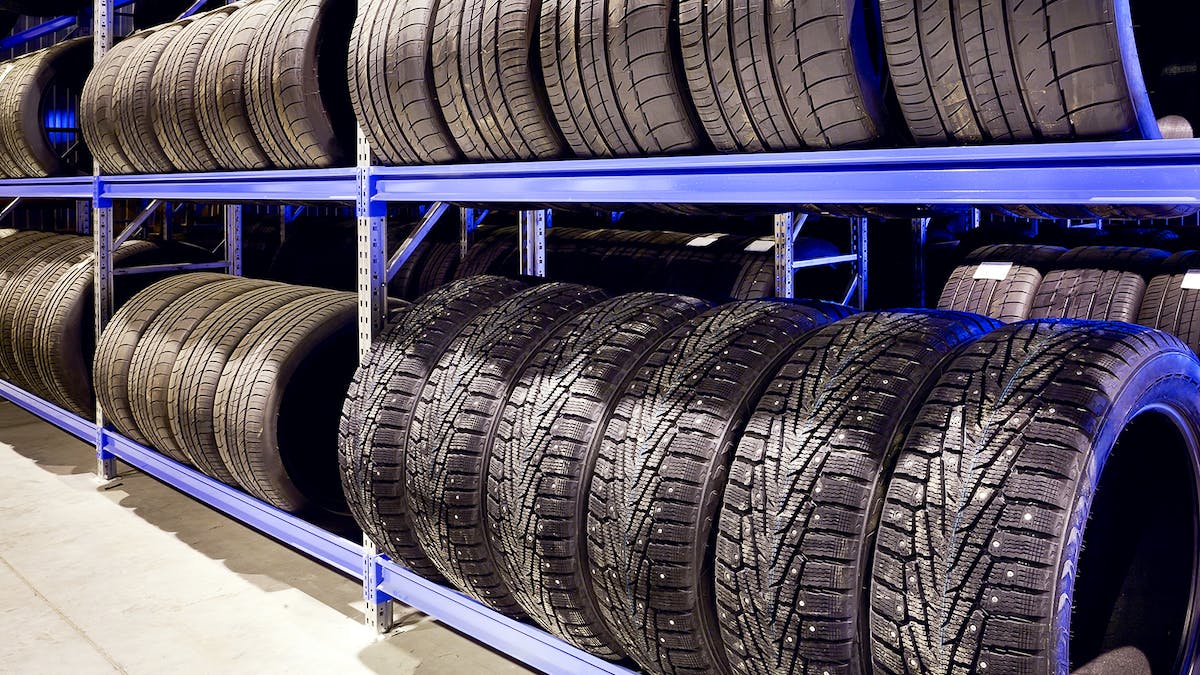


When the time comes to replace your vehicle's tires, the question often arises: Should you replace all four tires at the same time? While it may seem like an unnecessary expense, there are several important factors to consider before making a decision. Let's explore the benefits and drawbacks of replacing all four tires simultaneously, helping you make an informed choice that ensures safety, performance, and longevity for your vehicle.
One of the primary reasons to consider replacing all four tires at once is safety. Tires with significantly different tread depths can compromise your vehicle's handling, particularly in wet or slippery conditions. Uneven tread wear can lead to reduced traction and stability, increasing the risk of hydroplaning or loss of control. By replacing all four tires, you ensure consistent tread depth and maximize your vehicle's grip on the road.
Each tire on your vehicle plays a crucial role in maintaining balance and stability. Mixing new tires with partially worn ones can create an imbalance in handling characteristics, potentially affecting braking, cornering, and overall performance. By replacing all four tires simultaneously, you ensure consistent performance across all wheels, providing a smoother and safer driving experience.

Different tire types and tread patterns are designed to perform optimally in specific weather conditions. If you live in an area with frequent weather fluctuations, having a matching set of tires can enhance your vehicle's all-weather capabilities. With a consistent grip and responsiveness from all four wheels, you can tackle various road conditions with confidence, be it rain, snow, or dry pavement.
Replacing all four tires at the same time can actually extend the lifespan of your tires. By maintaining consistent wear and tread depth across all wheels, you prevent premature wear on the newer tires caused by the mismatched rotation. This means you'll get the most out of your tire investment, avoiding the need for premature replacements.
While replacing four tires at once may seem costlier upfront, it can actually save you money in the long run. By preventing uneven wear and ensuring optimal performance, you may avoid additional expenses like premature tire replacements, alignments, and suspension repairs. Additionally, buying a complete set of tires often comes with discounts or promotions, making the overall cost more reasonable.
While replacing all four tires simultaneously may not always be an absolute necessity, it is undoubtedly a prudent decision in terms of safety, performance, and overall value. By ensuring consistent tread depth, balanced handling, and improved all-weather capabilities, you can enjoy a smoother and safer driving experience while prolonging the lifespan of your tires. Considering the long-term cost savings and peace of mind, replacing all four tires at once emerges as a wise investment in the well-being of both you and your vehicle.